Adam Levine, Will Smith, James Corden — the list of “canceled” celebrities ranges from internet personalities to rappers to talk show hosts. Nowadays, the most minor misstep or controversy can bring about a sea of online criticism.
A means to ostracize or shun public figures who have acted or spoken in a way perceived as inappropriate or insensitive, cancel culture, has spiked in recent years. Forty-four percent of Americans now say they are familiar with cancel culture, and many celebrities experience the fallout of being “canceled.”
In certain respects, cancel culture forces accountability, especially when high-profile figures abuse their platform and spew hatred. It can also give marginalized people a voice and bring attention to their experiences. However, cancel culture rejects the possibility of personal growth by condemning celebrities as permanently bad. Cancel culture undermines the very principles it is meant to uphold, instead of progressing social justice.
Social justice aims to bring fairness and equity to the distribution of wealth, rights and privileges. However, these goals can’t be attained when people examine topics solely to make themselves more comfortable. Instead of jumping to blacklist individuals from the public sphere, social media users should take advantage of “cancelable” moments as opportunities for conversation and education. Reeducation should prioritize open and honest dialogue instead of the threat of being ostracized by the masses.
Whitman Leadership Academy for Social Justice coordinator, Sheryl Freedman, believes cancel culture isn’t productive when it overlooks dissenting opinions.
“It doesn’t allow people to actually talk about their differences and find some kind of mutual common ground,” Freedman said. “It can put us into an echo chamber, where we only hear from people who have the same perspective as ourselves.”
Cancel culture tends to oversimplify multifaceted issues, making them appear absolute. This is especially true on social media, where polarizing opinions leave little room for interpretation or middle ground. Instead of creating a space to discuss the context or motivations behind past actions, cancel culture eliminates nuances and promotes single-perspective conversations.
Whitman sophomore Kendall Venegas expressed the environment of resentment and aggression that cancel culture brings about.
“Cancel culture can promote an environment of fear of speaking your own opinion, or feeling like you can’t kind of do what you want,” Venegas said. “You always have to conform to what the public deems as acceptable.”
The same culture that aims to resolve hatred and exclusion also brings public shaming and harassment. Considering the daily average of 6.4 hours social media users spend online, constant posting and commenting only increases the risk of getting into a scandal. Most “scandalous” actions, however, don’t deserve the disproportionate swath of death threats and bullying that creators receive, which may even arise at the hands of controversy that occurred decades prior. Though intended to serve as a way to hold people accountable, cancel culture inflicts lasting harm on social media viewers and public figures alike and ignores the justice process.
Maria Tusken, owner of the yarn business TuskenKnits, became a victim of this culture when she came to the defense of her fellow knitting influencer Karen Templer, who had published a controversial blog about her upcoming trip to India. Templer wrote in the post that going to India would be like “being offered a seat on a flight to Mars,” and said, “If I can go to India, I can do anything.” Online users quickly called her out for her supposed ignorance, imperialist and insensitive tone. Users flooded the online knitting community with hate comments, painting the majority of the members as racists and bigots. Tusken went to YouTube to defend Templer from the excessive punishment, but soon she too faced the internet’s wrath. Messages bombarded Tusken, calling her a “Nazi” and “white supremacist,” as her business was practically deserted.
This event mirrors many others where cancel culture has swiftly shut down vaguely unpopular or dissenting opinions, rather than promoting a more diverse variety of ideas or perspectives. Stubborn remarks like, “it’s too late to apologize,” flood comment sections, leaving no opportunity for growth or education. This inevitably leads to an environment of fear, with 40% of Americans feeling worried about expressing their true beliefs, and 13% of voters in the U.S. reporting that their fear of cancellation online has shaped their behavior and speech.
Sophomore Lauren London, a OneWhitman facilitator, feels that cancel culture abuses proper due process, undermining its constructive use.
“A real disadvantage of it is the way that many just blatantly cancel someone for no reason at all or without them getting the chance to explain themselves or learn,” she said. “People only want to jump to cancel these people and not understand other perspectives.”
The American Civil Liberties Union raised concerns about free speech violations under this culture. Without standards for when to warrant this type of ostracism, there is a risk of limiting dissenting opinions and minority voices in the name of cancel culture.
This isn’t to say that cancel culture doesn’t bring certain merits. It can provide a method of direct accountability when other options are ineffective. With a growth of 5.4% new social media users each year and a plethora of content exchanged daily, there has come a growing habit of sharing comments users would never share in person. Social media users can express blatant racism, homophobia and sexism without the fear of facing accountability. Although prejudicial behavior is unwarranted, cancel culture cannot eradicate hatred in the way it claims.
Freedman emphasized constructive dialogue as an alternative to cancel culture.
“We need to be talking to people and learning how to be uncomfortable in a conversation about things that are challenging,” Freedman said. “We should be able to ask others to change behaviors, it’s not necessarily a personal affront, it’s learning.”








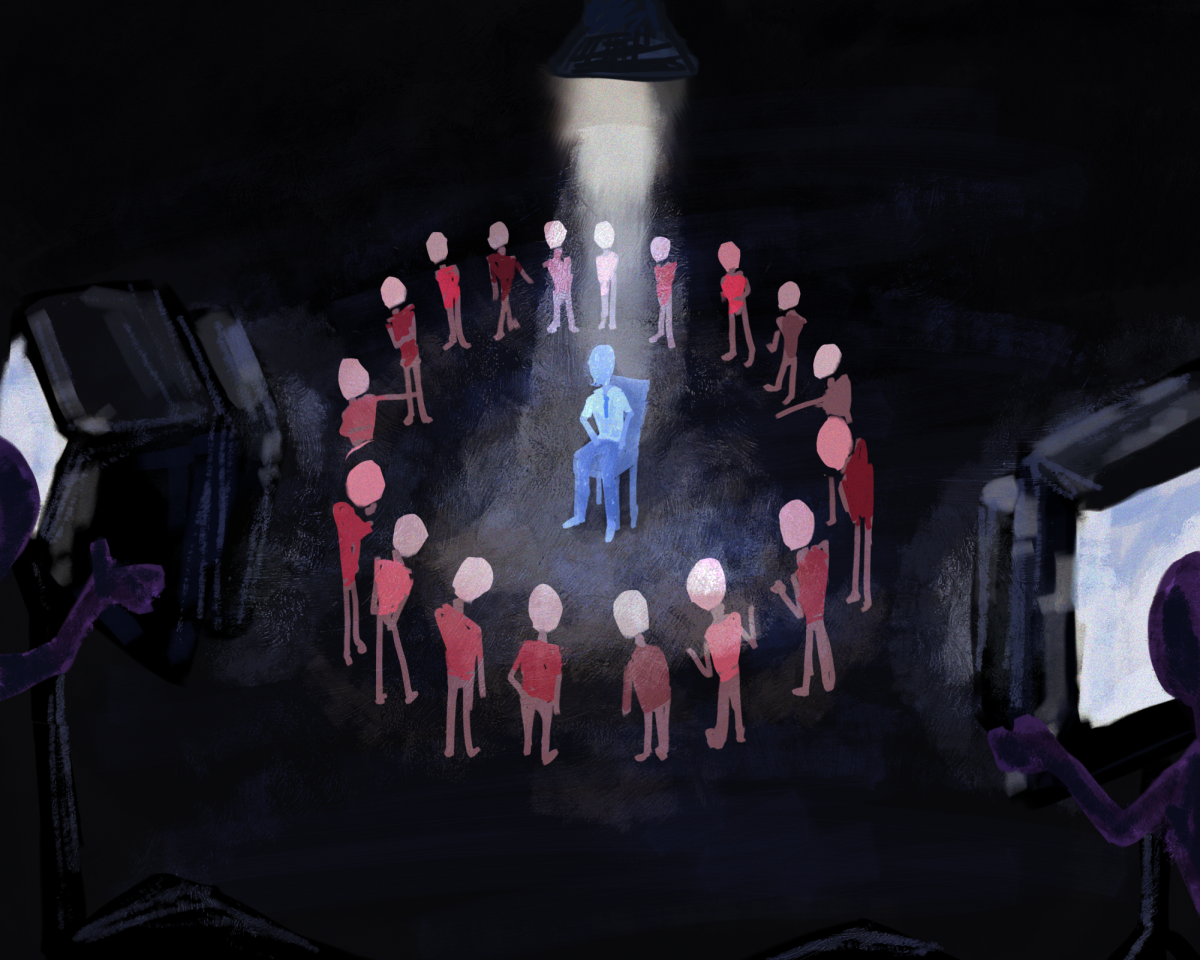
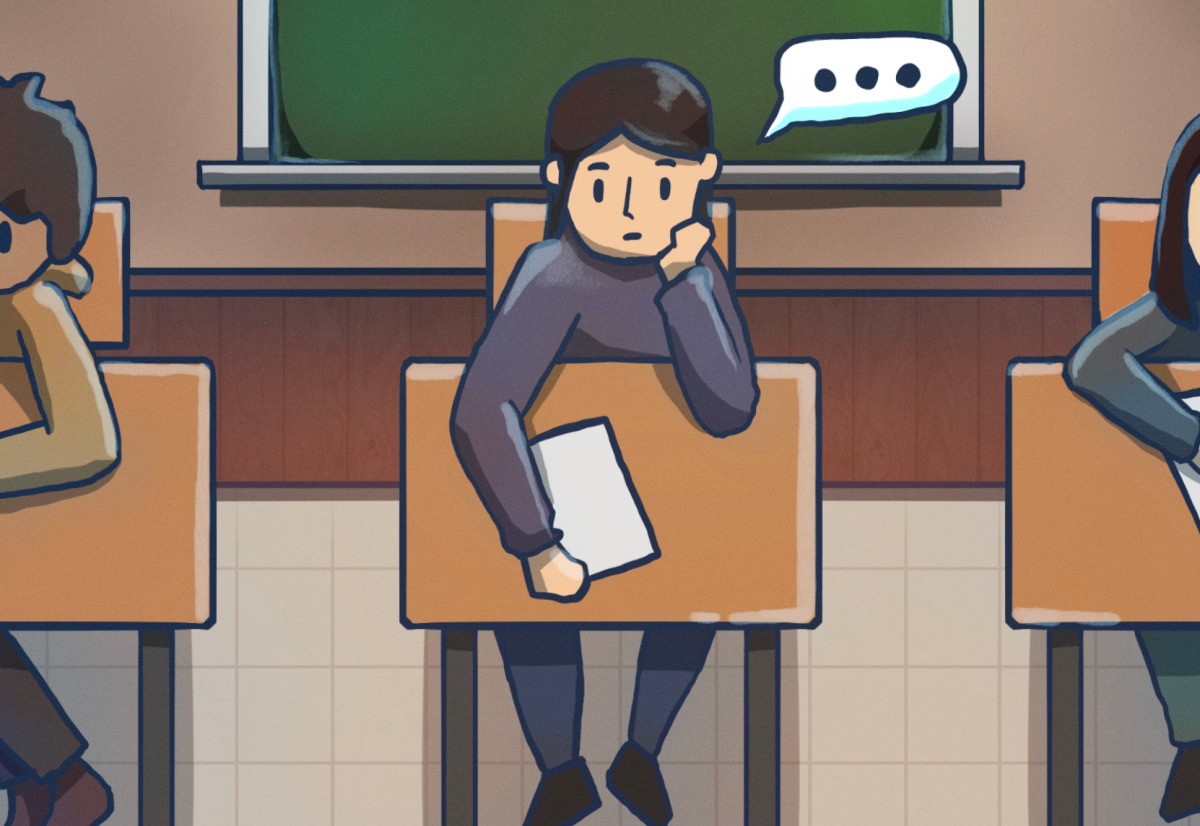



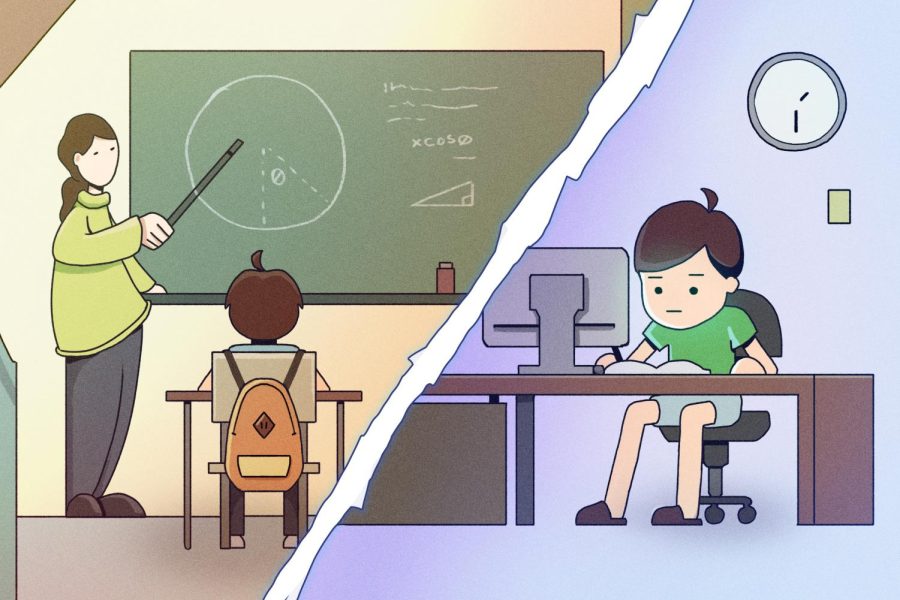
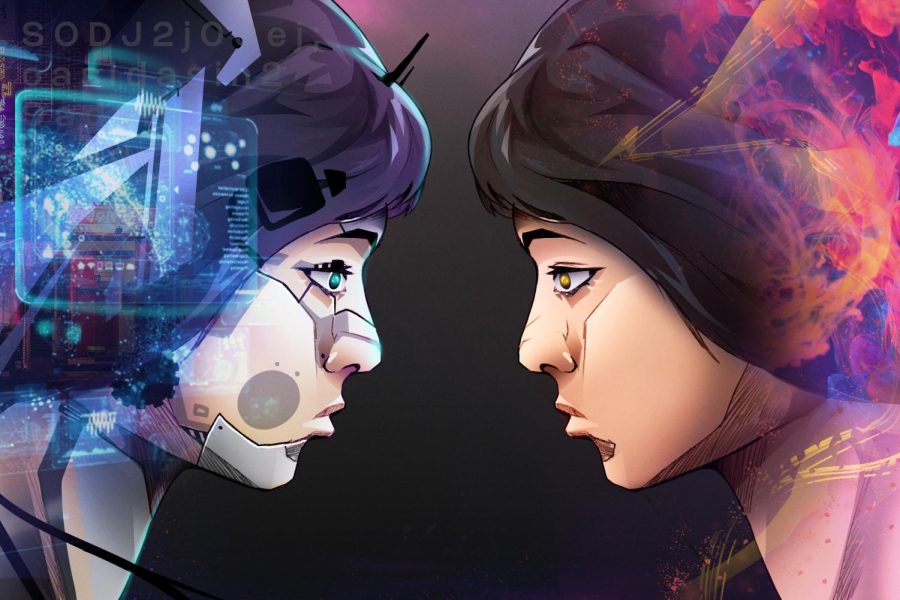
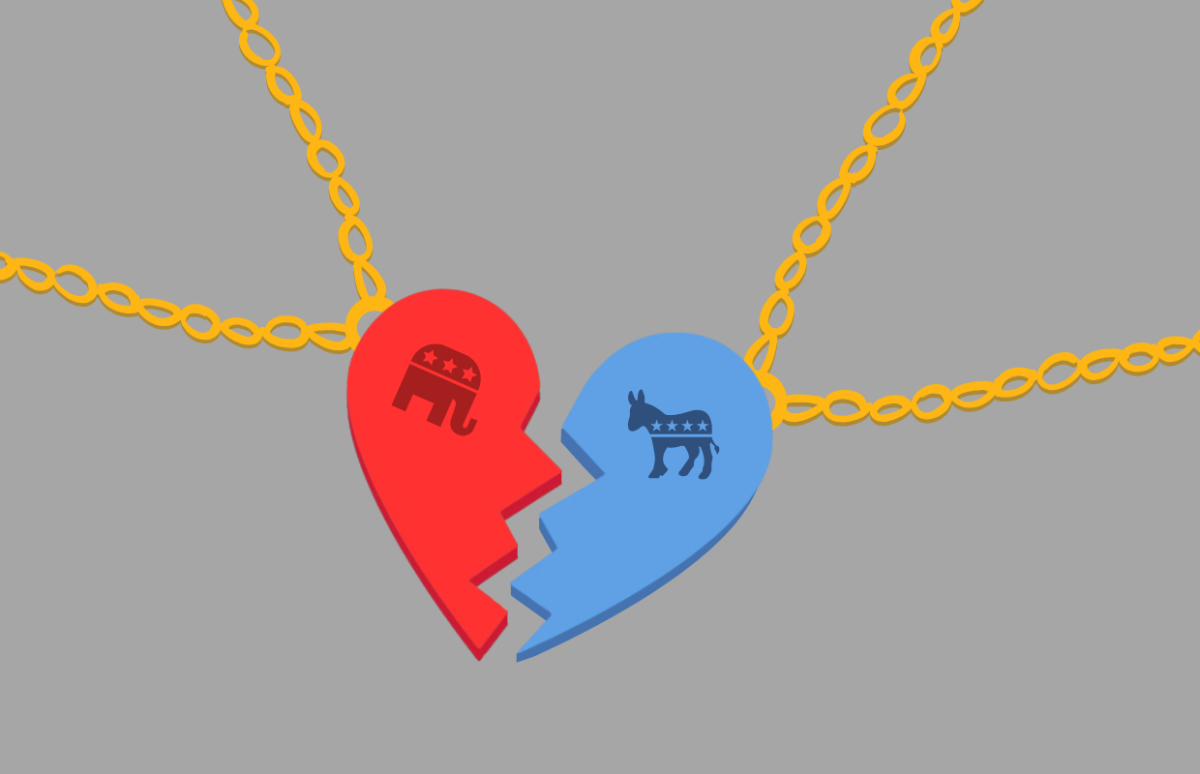
Laurie Townsend-Brewer • Jul 24, 2024 at 1:24 pm
You have just brilliantly described the 2024 election cycle! I think the results will shock those wrapped in the silky cocoons of their own beliefs, who routinely bully any opinion that even slightly diverts from their own. Thanks for writing about this topic. Well done.